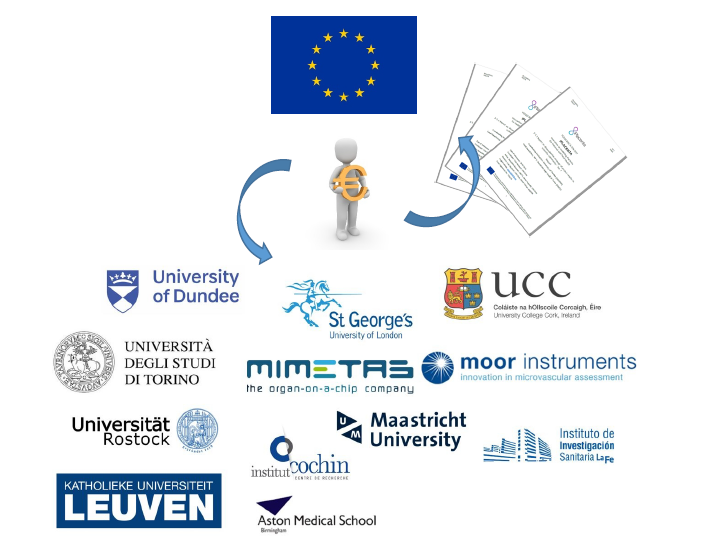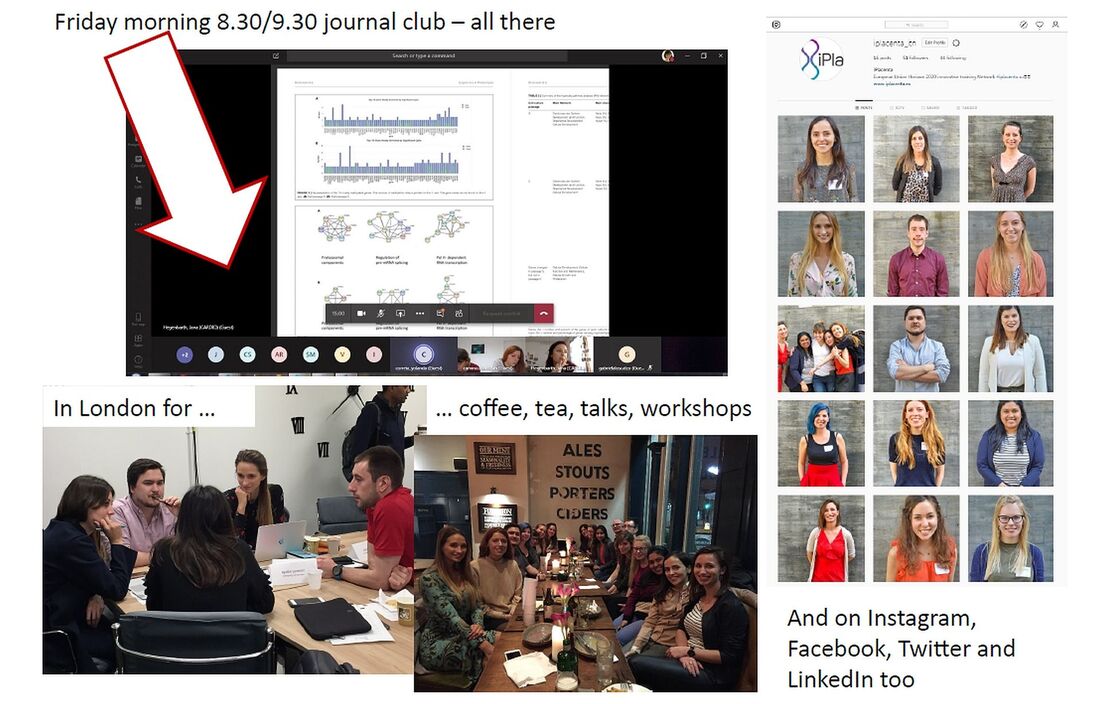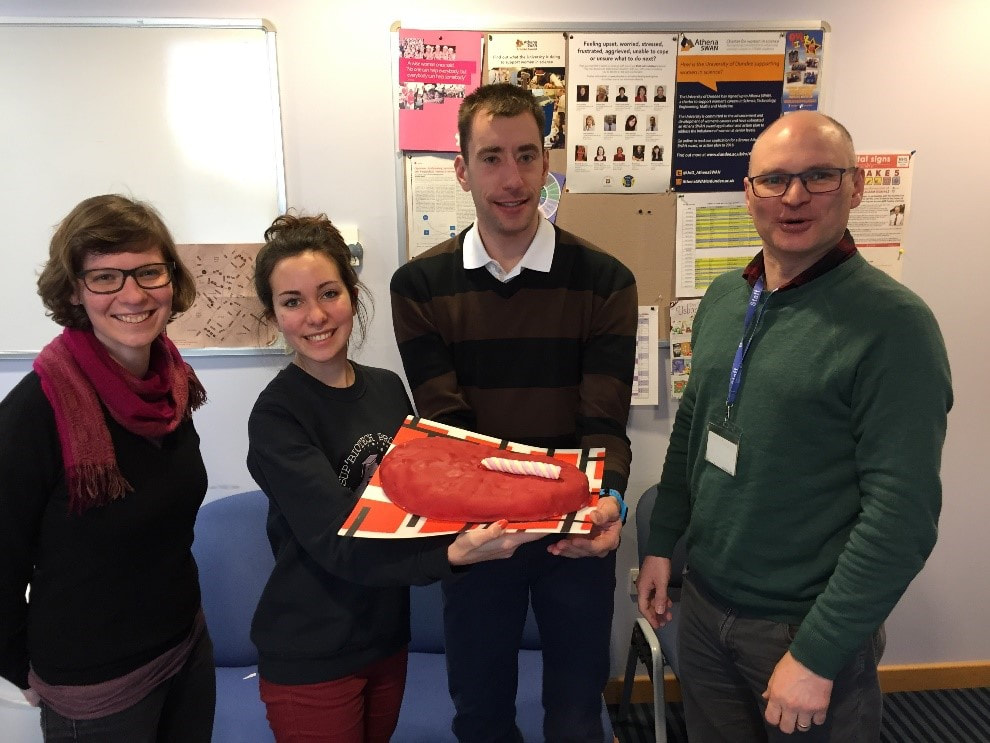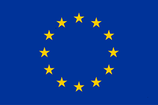|
“Hi, my name is Mirren and I’m…” a project manager for an EU-funded project called iPLACENTA. I should really relearn the sentence, because most of the time people don’t know what that means. What usually follows is that I explain what iPLACENTA is about: it’s a training network of 15 PhD students with quite different backgrounds and approaches who do research on the placenta and placental disease. But how do I go on? That varies, mainly because there are many facets, and also because I focus on particular things depending on the tasks ahead: I may say: My job is to make sure that the funding my university receives for the project goes to all the partners, inform the partners about developments in the project, remind them to write reports, and write reports myself. This may not sound too exciting, but I do actually quite like its communicative aspect. Or: I organise cross-disciplinary training for a bunch of PhD students, in different places across Europe and online. I collect feedback and keep my eyes and ears open to develop ideas for further training. I post on social media about their activities and encourage them to also do so themselves. All of this can be quite creative and fun, and I have learned many new things along the way. Or: I do my best to encourage the PhD students, who are based in 11 institutions across Europe, to connect with each other and a wider research network. That is my favourite part of the job. Incidentally, like the PhD students, I moved to another country (Scotland) before starting this job last year. So I’m very aware of the many opportunities and challenges that are involved when starting in a new place. It’s important to me to know how things are going, how our little group are doing and coping, and how interaction among each other provides another – vital – level of support at this point in our/their lives. In the past, I worked in various German universities’ international offices promoting study and internships abroad, led intercultural workshops and organised programmes for foreign researchers – language courses and social activities. I believe that going to a different country (or place) is a very worthwhile experience that really encourages personal and professional growth. EU policies and programmes support international mobility for people at all levels and are very successful with the Erasmus programme for university students. EU-funded Marie Skłodowska-Curie Actions, which is the programme iPLACENTA falls under, both reflect just how international academic research networks are, and promote researcher mobility to and within the EU by providing excellent conditions for the so-called MSCA fellows. And I am happy to be able to work for this worthwhile project which provides a fantastic nurturing ground not only for groundbreaking research but also for my own personal and professional growth! None of the people in this picture made the birthday cake that looks like a placenta, kudos to Aimée Bugler-Lamb for that.
12/7/2024 06:53:44 am
Why does the author emphasize the importance of interaction within their group?
Reply
Leave a Reply. |
About the blogBeing a PhD student in a European training network is a life-changing adventure. Moving to a new country, carrying out a research project, facing scientific (and cultural) challenges, travelling around Europe and beyond… Those 3 years certainly do bring their part of new - sometimes frightening - but always enriching experiences. Categories
All
Archives
December 2021
|





 RSS Feed
RSS Feed

11/12/2019
2 Comments